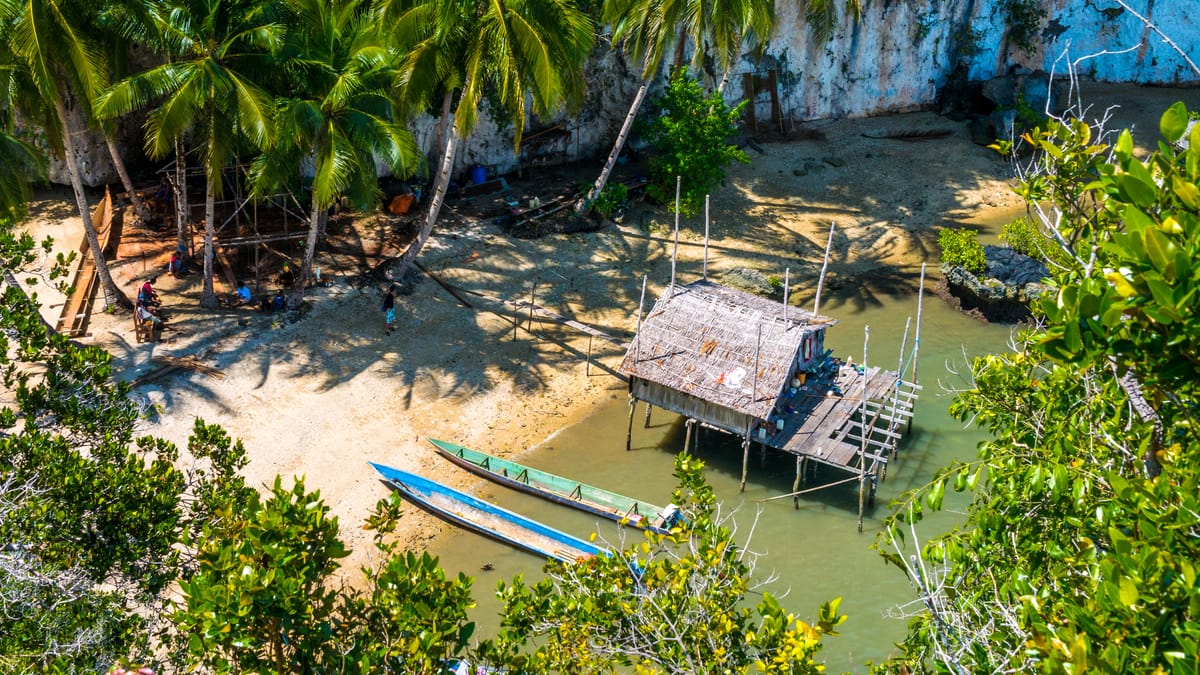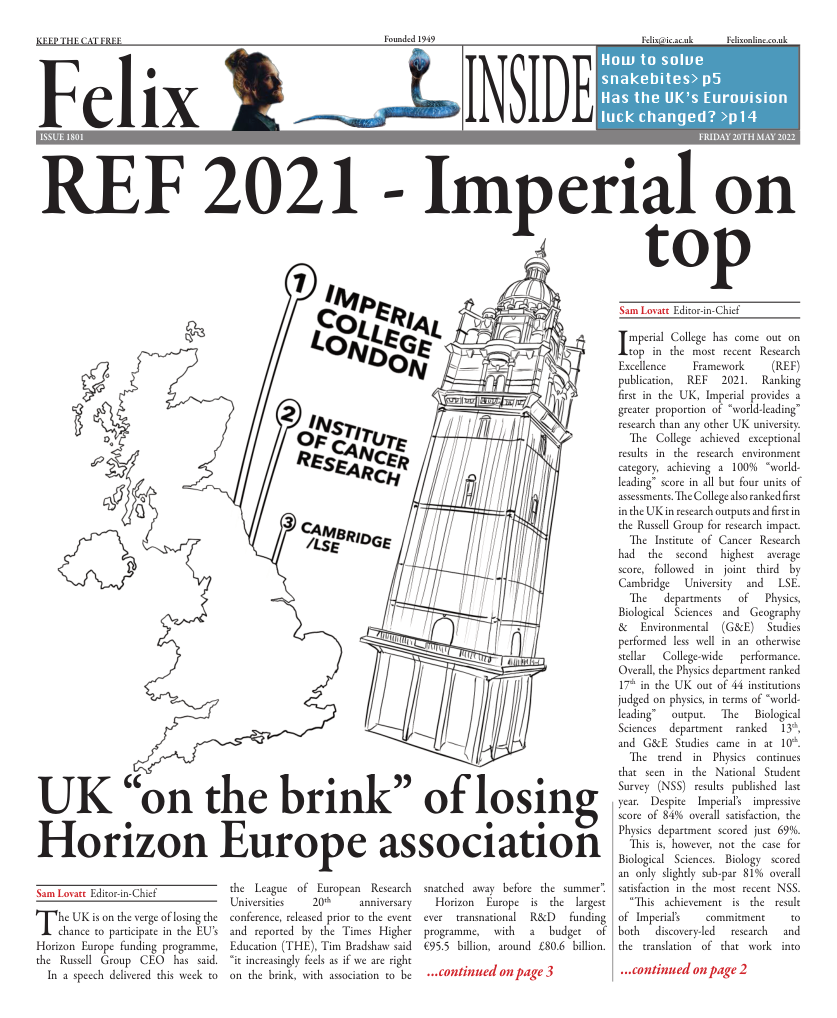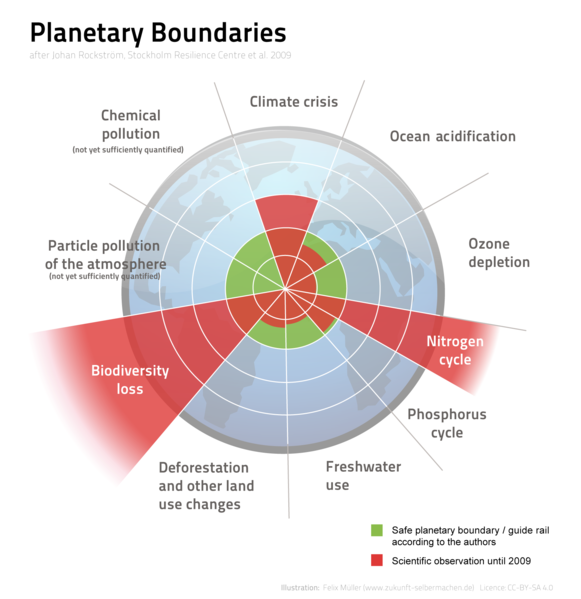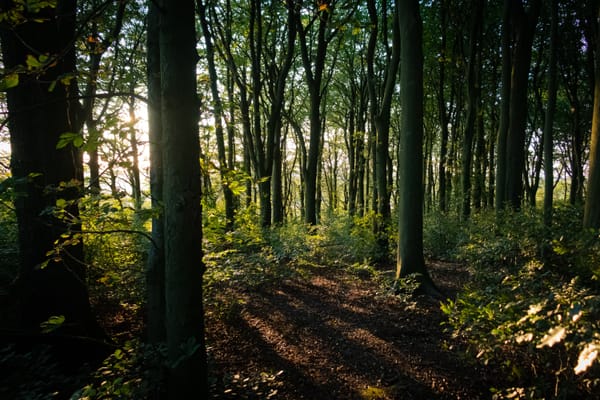Climate refugees and the loss of agency
Environment editor Hahyun Lee discusses the disenfranchisement of those affected by climate change

Along the north coast of Papua New Guinea live the Murik people. The Murik were first recorded by the Dutch in 1616 and left relatively alone until their land was colonised and set ablaze by the Germans in World War One, then briefly occupied by the Japanese in World War Two. 1975 saw the independence of Papua New Guinea, and now the Murik people number up to 1,500, spread across five main villages. The Murik live primarily through fishing and commerce, trading not only smoked fish, baskets, tobacco and so on, but even non-material goods like basket designs and dances. They are also among the first to be called climate refugees.
The sea level of Papua New Guinea has risen at a rate more than double the global mean (7mm per year) since 1993, as highlighted in COP23. This will only worsen in the future, with predicted cyclones and rainfalls of greater intensity, higher wind speeds and stronger coastal and inland floods. With the predicted warming of 1.1 °C per year by 2030, the future is not bright for Papua New Guinea, as we expect to see its fisheries and crops destroyed, dislocating even more people.
The story of Papua New Guinea falls in line with a common trend we have been seeing: smaller, marginalised populations in the global South suffering problems not caused by them but by larger economies in the global North. And though we can observe the material consequences of climate change in the lives of the Murik, we must also consider how the local societies and cultures respond to such changes. Do they see this as the potentially species-ending threat that many of us see it as, or do they have a different understanding to ours?
David Lipset, professor of Anthropology at the University of Minnesota, conducted an ethnography on the Murik in the wake of severe coastal erosion from high tides in 2007, looking at the various attitudes of the Murik on these tides and how they relate to the religious beliefs and customs of the population. Lipset grounds the Murik’s attitudes within the history of changing human agency towards nature. Whilst explorers of the past saw nature as an ‘untamed expanse’ upon which humans could assert their mastery (Lipset even argues that the adoption of GMT in 1884 established mastery of time over nature), we are now in a situation where we can no longer control the effects of our own decisions: our mastery supersedes agency.
And so it goes for the Muriks that Lipset talks to. In the ethnography, he notes two main responses to the tides. Among the politicians and upper-middle-class, the common sentiment was one of weakness: the tides are a significant act of nature, and any local efforts will be ineffective, denying agency on their part. Meanwhile, the more local villagers, though still expressing uncertainty and fear, saw the tides as not without precedent and proposed magical solutions. A man from the Wewak town said that these tides, as well as the tides of the past, were events with symbolic and ritualistic meaning, representing a pact with their ancestors. With a gift of food thrown into the ocean and an erected platform for each prior lineage, the water spirits would restore the beaches to their prior beauty.
It is likely no surprise which attitude Sir Michael Somare (Prime Minister of Papua New Guinea) adopted when speaking to the UN about reducing greenhouse gas emissions. In requesting the world’s nations to cooperate, Somare tacitly accepted the lack of Papua New Guinea’s local agency in tackling its problems with climate change. This shows a shift in how our society interacts with its environment: changes to the environment can only be achieved on ‘distant, globalised terms’.
It would be easy to dismiss the people of Wewak as they throw food into the ocean in hopes of a magically restored beach. Lipset states ‘Because global risks are understood as incalculable, unlimited, and unaccountable, and their location in space and time is global, rather than territorial, … local agency … become[s] problematic.’. In that case, can we even say there is a more reasonable way to respond to this problem where there cannot be local agency? Are we performing as much of a ritual as the Muriks when we pick up litter or pick the train over the car? Can we really blame them?








